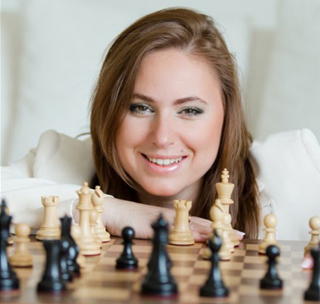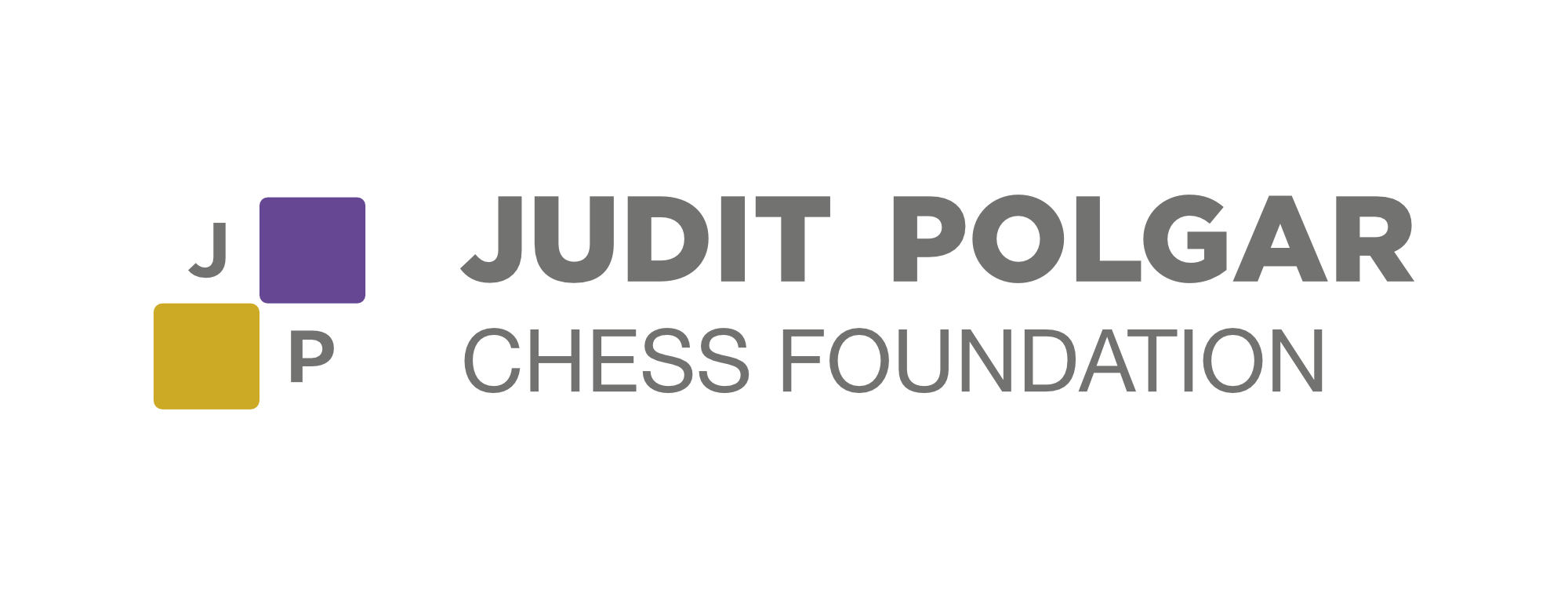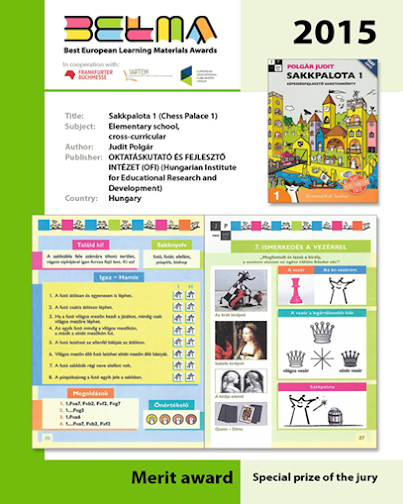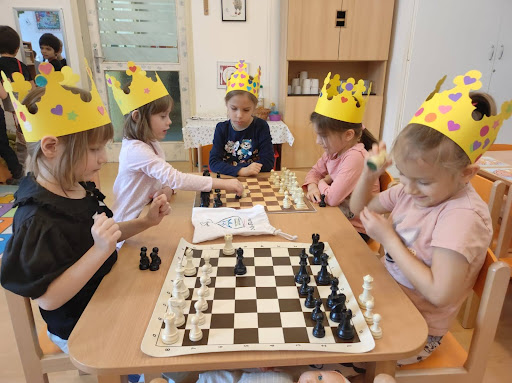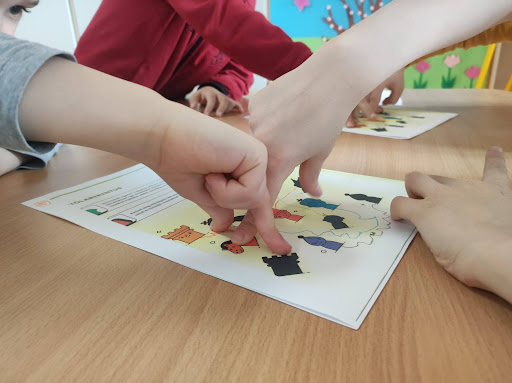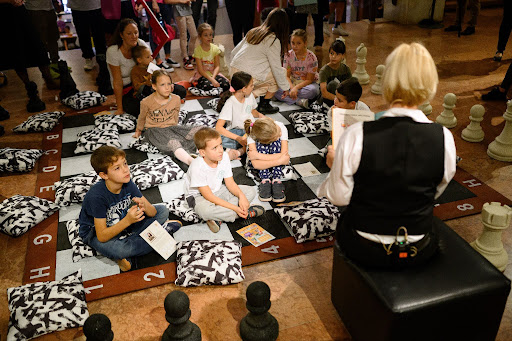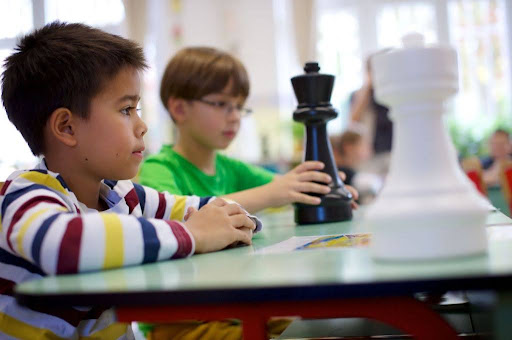How can we supportively prepare our children for future challenges? With a complex skill development program! The innovative Chess Palace Program was created in 2013 and is continuously growing!
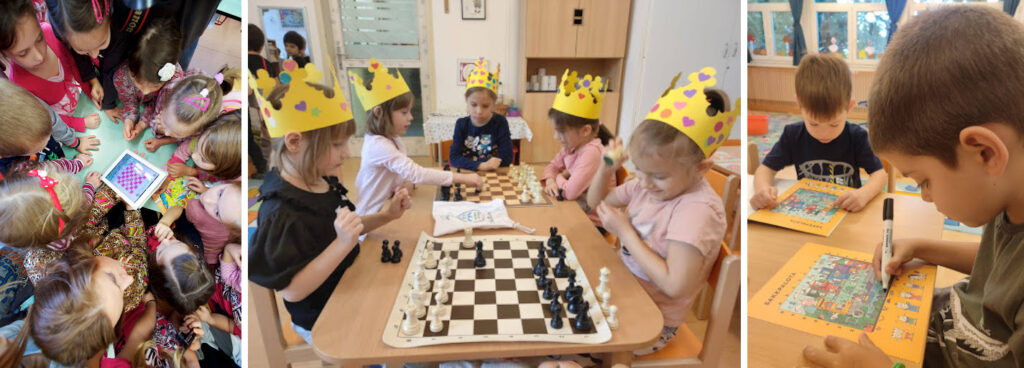
The Chess Palace Program
- Developed for children aged 4-10, it is a motivating, playful, and complex skill development program that can be applied at home, in preschool, and in school environments.
- Based on the basic rules and tools of chess.
- Its central element is the fantasy Chess Palace, which serves as a passage between imagination, reality, and chess.
- Supports the acquisition of structured, creative, and logical thinking skills.
- Develops problem-solving abilities.
- Its application is supported by books, colorful and creative tools, animated videos, its own YouTube channel, online games, teacher training sessions, and an active professional Facebook group with 1500 members.
- The program is used by over 50,000 children annually.
- The program can be effectively applied to children with special needs.
- The Chess Palace Program is part of the Judit Polgar Method and is the intellectual property of the Judit Polgar Chess Foundation.
„Playful learning move by move.”

